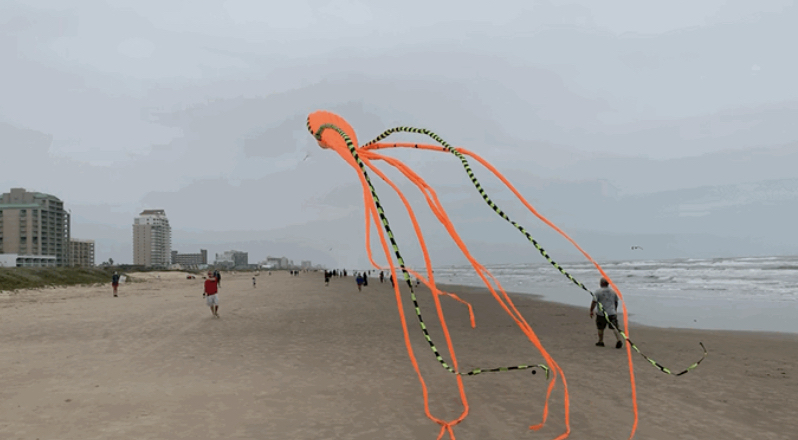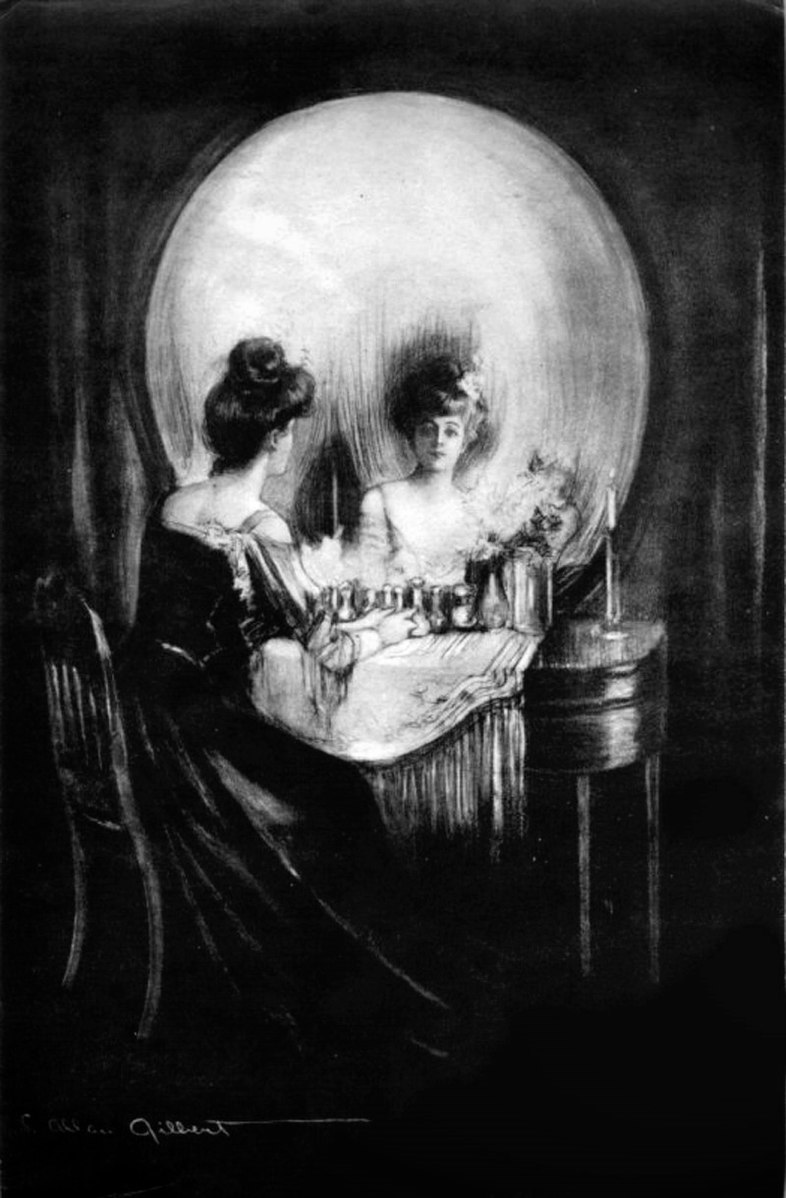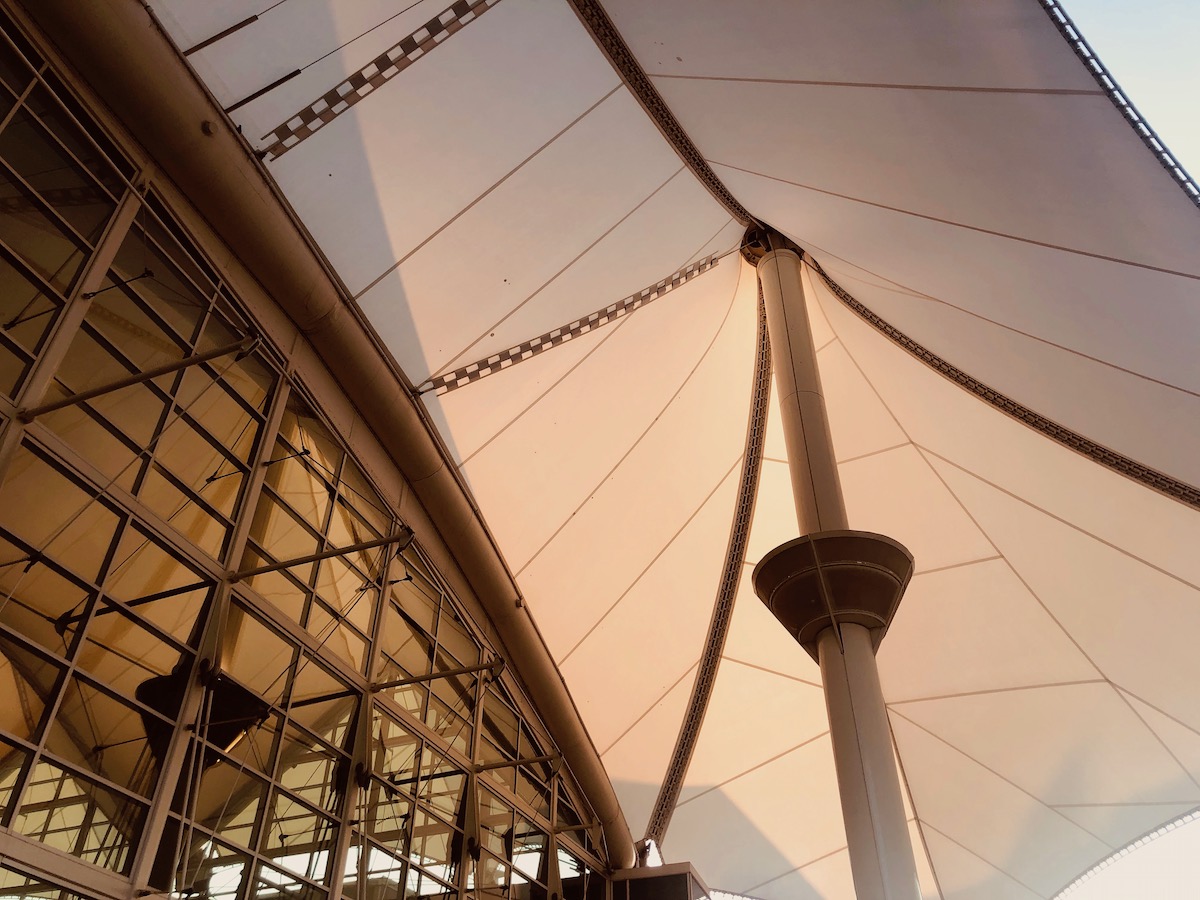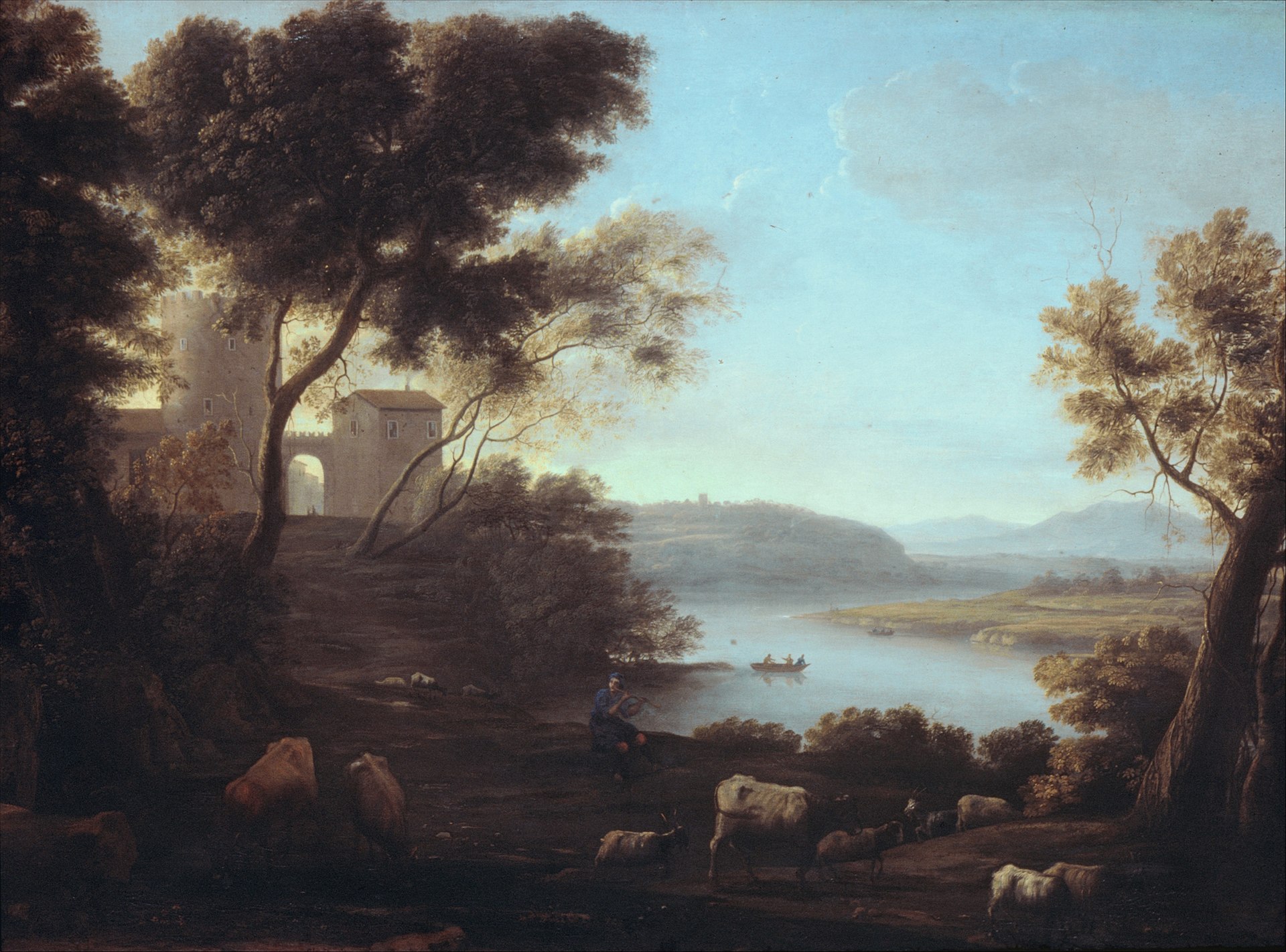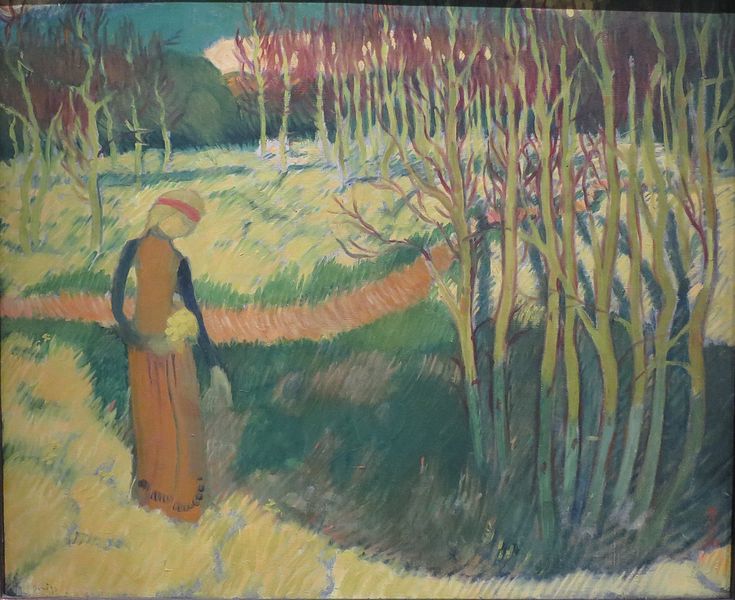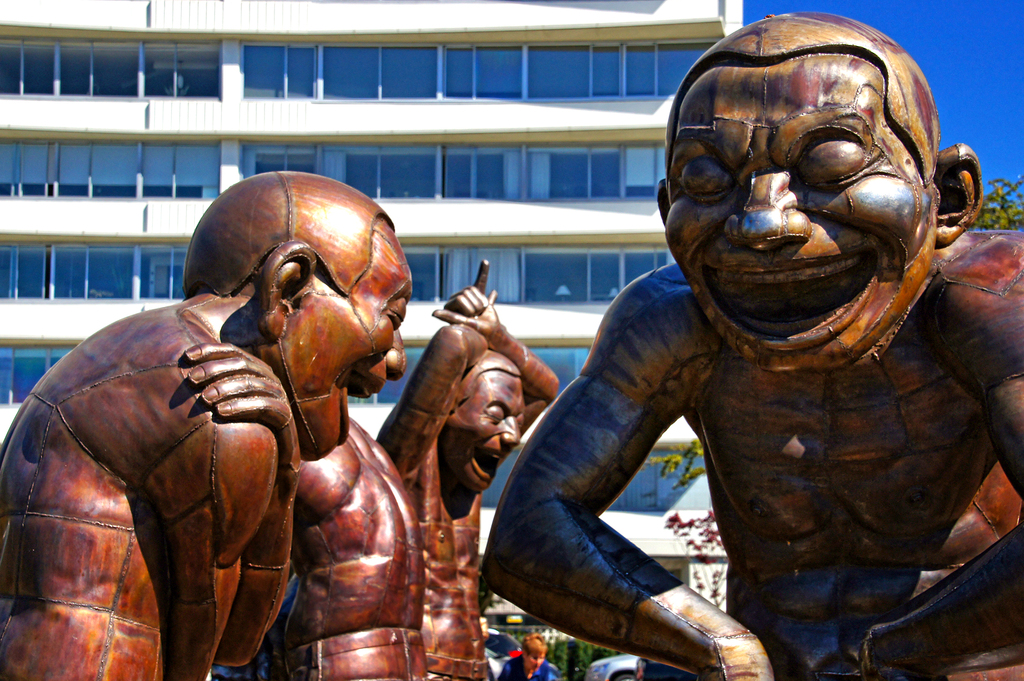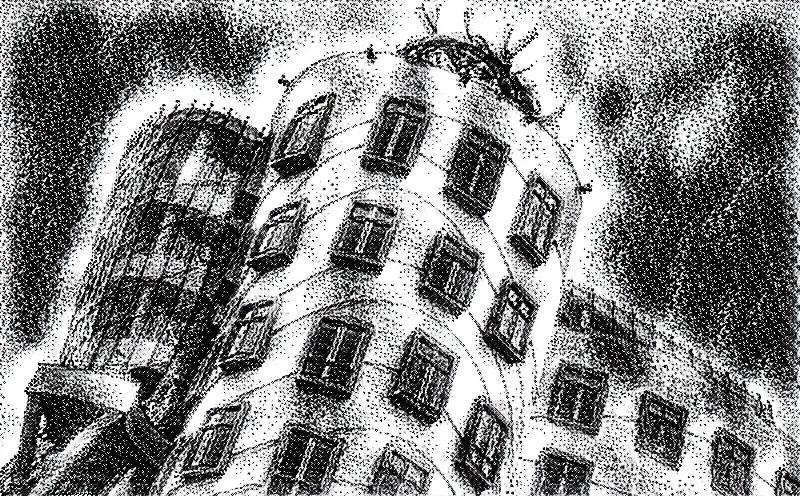The following article is currently under revision. Please check back after Jan. 1, 2021.
Tag: Immanuel Kant
The “New Hegel” And The Question Of God, Part 3 (Gavin Hyman)
The following is the last installment of a three-part series. The first one can be found here. The second one can be found here. As Thomas A. Lewis reminds us, the terms ‘God’, ‘spirit’ and ‘Absolute’ are synonymous for Hegel, the specific word used being dependent on the context in question (religion, philosophy and generic, respectively). […]
From Kant to Hölderlin – Poetry And Religion In The Wake Of Philosophical Aesthetics, Part 3 (Jakob Deibl)
The following is the second installment of a three-part series. The first one can be found here, the second one here. Translated by Philipp Schlögl. Poetry and Religion: Fragment of Philosophical Letters 1) In the Fragment of Philosophical Letters, Hölderlin defines this character of repetition more precisely, which proves to be central to his understanding of religion. In […]
From Kant to Hölderlin – Poetry And Religion In The Wake Of Philosophical Aesthetics, Part 2 (Jakob Deibl)
The following is the second installment of a three-part series. The first one can be found here. Translated by Philipp Schlögl. Letters II: The Schematism of the Pure Concepts of the Understanding as Starting Point In a letter of January 26, 1795, addressed by Hölderlin from Jena to his friend Hegel, who was staying in Bern, he […]
From Kant to Hölderlin – Poetry And Religion In The Wake Of Philosophical Aesthetics, Part 1 (Jakob Deibl)
The following is the first installment of a three-part series. Translated by Philipp Schlögl. Introductory Remarks Friederich Hölderlin’s famous quote “Thus all Religion would be poetic in its essence.” (EaL 239)[1], which is taken from the Fragments of Philosophical Letters (1796/97, EaL 234-239)[2], does not represent a mere rapturous exclamation of the poet who wants to […]
Thinking With One’s Feet – Lacanian Theories Of Textual Engagement, Part 3 (William J. Urban)
The following is the third part in a three-part installment. The first part can be found here and the second here. The Real Lacan: Sublime Object of Texts We have hinted that many of the paradoxes and contradictions involved in the topological constitution of the subject which eventually lead Lacan to shift his emphasis onto […]
If You Have To Explain It, It Isn’t Funny – Laughing Immediately With Merleau-Ponty, Part 2 (Adam Blair)
This the second part of a two-part series. The first part can be found here. Merleau-Ponty wants to avoid the division of latent and manifest content, instead pointing to the inability to speak as a simple, unified condition. Both the shock of the earthquake and the maternal prohibition caused a refusal of coexistence on the part of […]
The Dangers Of Dealing With Derrida – Revisiting the Caputo-Hägglund Debate On The “Religious” Reading Of Deconstruction, Part 2 (Neal DeRoo)
The following is the second installment of a three-part series. The first one can be found here. Deconstruction in Context If deconstruction problematizes the idea of a ‘pure’ logical structure, devoid of content or any other extra-logical factors, then we find ourselves forced, by deconstruction’s own logic, to question the extra-logical factors of that logic. […]
Time Emptied And Time Renewed – The Dominion Of Capital And A Theo-Politics Of Contretemps, Part 2 (Daniel Rhodes)
The following is the second installment of a three-part series. The link to the first portion can be found here. As the source of productivity, time rendered as quantifiable and rectilinear not only orders the social and political to accumulation but orients and shapes the human subject to this experience as well. Its disjointed time, […]
